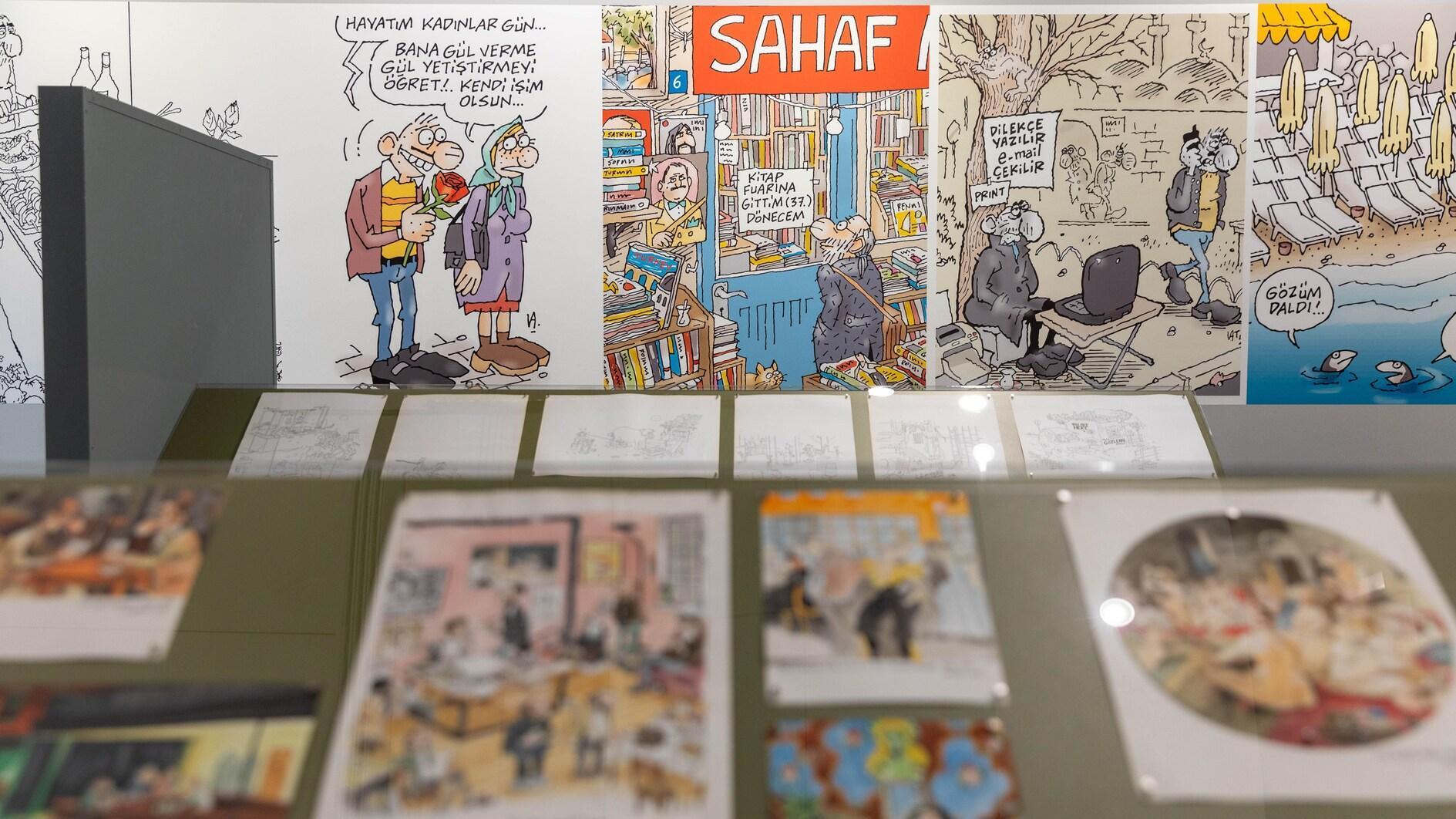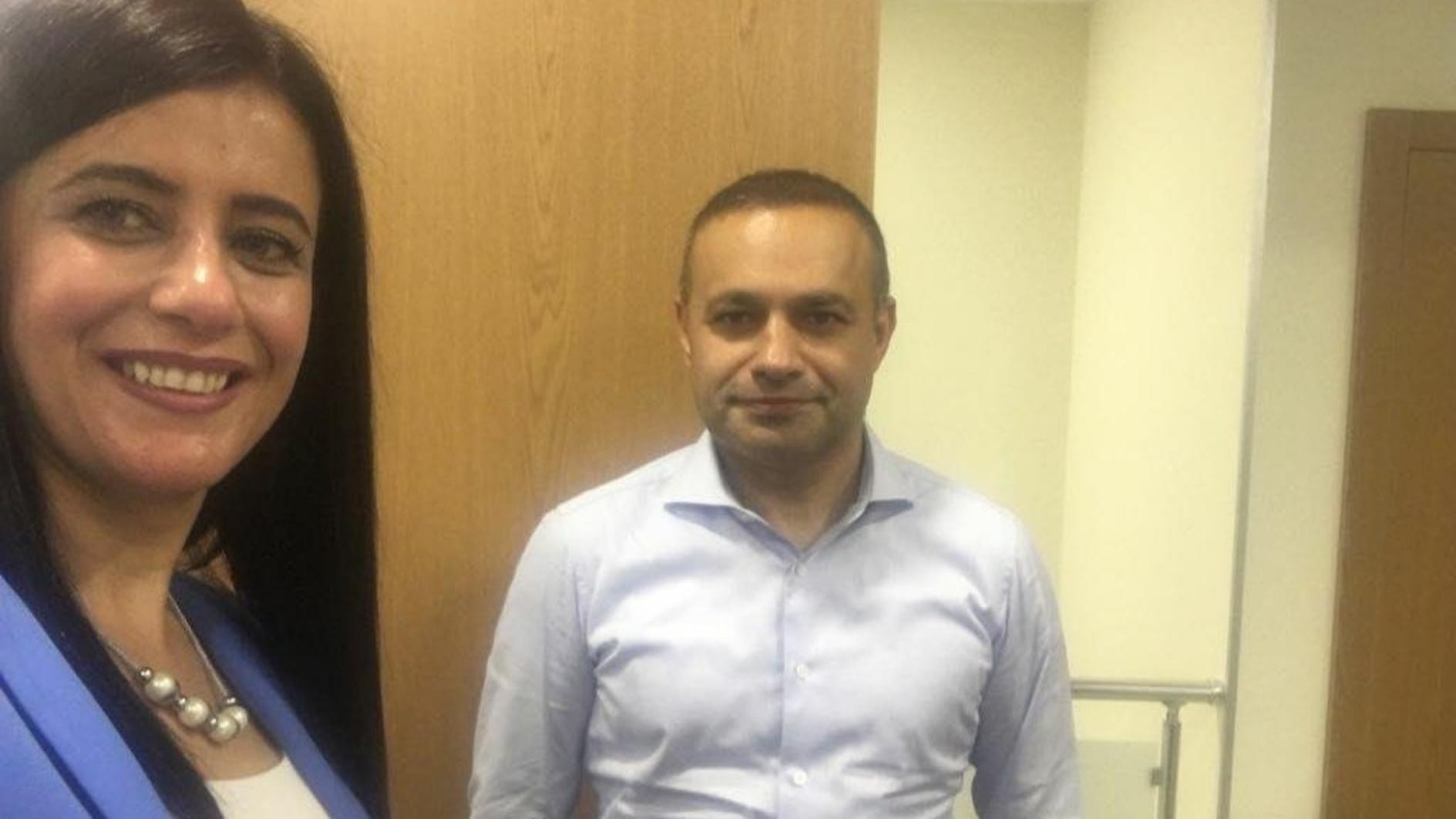Inappropriate question to the vice-principal
Around three weeks ago, CNN Türk reporter Zeynep Karamustafa interviewed a couple of children in a school in Istanbul’s Ümraniye district who were enthusiastic about entering the winter break. She asked a very sweet little girl what she wanted to be when she grew up, only to face with the angel-faced girl’s daunting answer, “I want to become president. I want to bring back the death penalty.”
This reply sparked a heated and long debate.
We indeed know the reasons why our little girl is thinking about the death sentence instead of cherishing the loveliness of a life in those unique innocent days of childhood.
While “matters that should not be spoken near children” are pouring into households as daily political material, while coarse nationalism has become normalized, students cannot stay away from them.
Instead of concepts such as love, sharing, free thought, peace (this one is almost banned, or has its consequences if said in our language), when plain heroism is loaded; then here you go, the tiny little angel sprouts out words such as, “The capital punishment is retroactive but I will reinstate it.”
Our quality in education is very well-known. The drop in the quality of our educators, the knowledge and culture level of students and from a broader perspective, of the society is also very well-known.
Our editor colleagues are fed up with writing headlines titled “shameful list.”
Before we recovered from the PISA 2015 results, the international test which evaluates science,
mathematics, reading and comprehension skills of students, while we’re still in shock of being evaluated that in education we were behind our rank in 2003; a new story emerged and in a survey with thousands of participants from dozens of countries, where questions were asked about their own countries, we have emerged as the “ninth ignorant country of the world.”
We all know that these examples are tediously more than that.
This does not have anything to do with the quality of our people. There are numerous examples of our citizens who have well and high-quality access who can become one of the most important people in the world.
Daily Evrensel reporters Yavuz Seymen and Metin Doğan have reported that in an elementary school in the Marmara province of Kocaeli’s Körfez district, first year students were given words to syllabicate.
As if no other word was left in our language, one of the words was “idam” which means “capital punishment.”
Then why are we shocked and still asking where all this is coming from? Well, if it does not come from news bulletins on TV, they come from school exercises.
Some parents rightfully opposed and reacted how they would ever be able to explain the death sentence to a child at that age. Experts protested saying such a thing was unacceptable.
The reporters have asked the school administration too.
Tekin Okulmuş, a school vice-principal, has reportedly said, “I do not know of such an exercise. We only check whether classes are held according to the curriculum. Because I do not know of this exercise, I cannot comment on the words used.”
The vice-principal is right, our reporter colleagues are wrong. I think they should have asked this question to the head of the Oceanographic and Hydrology Institute or the Association to Protect Thai-Indian-Brazil-Japan Roosters.
Sorry, that was uncalled for, vice-principal. Apologies, sir.











